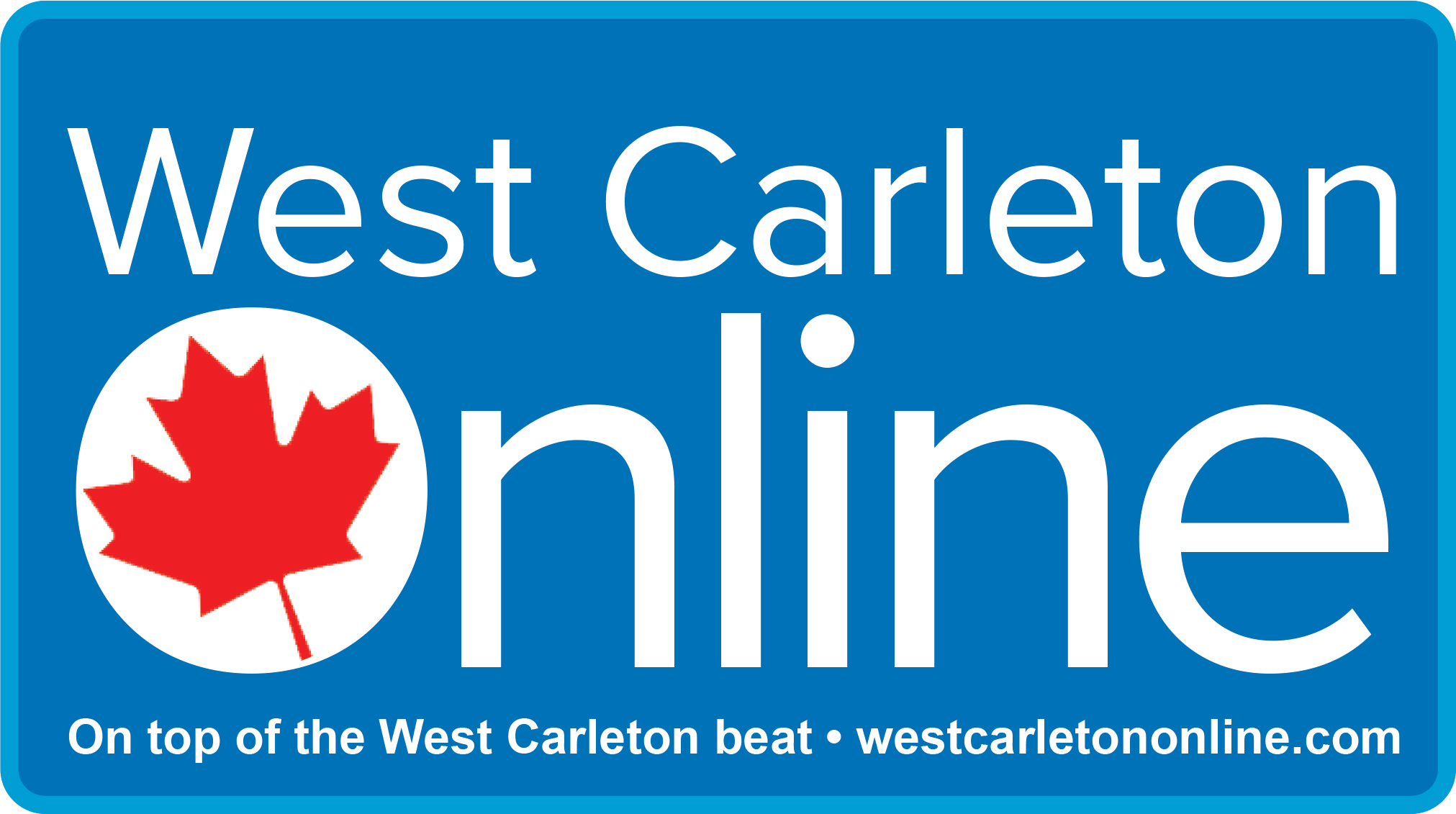July 18 COVID-19 update: City numbers up but still single digits, City camp rules, non-COVID kid infections up, City research recieves federal funding
Special to WC Online
OTTAWA – While the city may be reporting its biggest single-day jump in new cases in more than a week, that number is still a single digit.
Ottawa Public Health (OPH) is reported five new cases yesterday (July 17), with hospitals and intensive care units continuing to be free of COVID-19 patients.
Ottawa is on its 10th day of reporting new cases in the single digits. The total number of confirmed cases since the pandemic started is now at 27,734. There are no new deaths, keeping the local death toll at 593 for the ninth day in a row. The number of active cases remains at 21.
There are also no new outbreaks to declare in the city, although there continues to be two ongoing outbreaks at healthcare institutions.
The COVID rate per 100,000 cases are now at 0.7, while the percentage of cases in the community remains at 0.1 per cent.
While Renfrew County and District and Leeds, Grenville and Lanark District health units have both reported no new cases, the Eastern Ontario Health Unit has recorded one new case since Friday (July 16).
In the last 24 hours, 176 new cases of the virus have been confirmed across the province, bringing the total number of confirmed cases since the pandemic started to 548,040.
Three deaths have also been confirmed across the province, while 203 more cases have been resolved.
City shares summer camp COVID rules
OTTAWA – Summer camps across Ottawa are starting to open as the province rolls out the third step in its re-opening plan, and the city wants to make sure camp staff and campers remain safe.
“To ensure the safety of people taking part in summer camps, the city has implemented testing guidelines that were created by Ontario’s chief medical officer of health,” city staff released in a statement.
This means campers and camp staff will have to do a few things before they can participate, which involves daily screening.
As part of the plan, the city asks all campers and staff to complete the COVID-19 School and Childcare screening tool every day. They also have to follow the steps recommended by the tool, including staying home and getting a COVID-19 test if needed.
Camp staff will need to complete the provincial government’s coronavirus self-assessment for further direction on testing recommendations.
For day camps in particular, campers and staff can seek COVID-19 testing at an assessment centre if they develop symptoms or have been exposed to others with the virus.
If exposed, visit OPH’s website for those who are asymptomatic.
Day campers and staff, however, are not eligible to access asymptomatic testing at Ottawa’s assessment centres and care clinics, unless there is known exposure to COVID-19.
For overnight camps and camp staff, participants can seek testing at an assessment centre if they develop symptoms or have been exposed.
Campers and staff of these camps are eligible to access asymptomatic testing at an assessment centre or care clinic. Once there, campers and staff will be asked to confirm the name of the camp they’re attending.
Asymptomatic testing is also available to overnight campers and staff through participating community pharmacies.
City COVID vaccination clinics accepting drop-ins
OTTAWA – Anyone still needing a COVID-19 vaccine, whether first or second shot, no longer need to book an appointment at most of Ottawa’s community clinics.
While every community clinic accepts drop-ins for first doses, people needing second doses who don’t have appointments can now drop in at any of the seven clinics hosted by OPH.
Among the clinics offering drop-ins to residents needing second doses are:
- The Canadian Tire Centre
- Eva James Community Centre
- Horticulture Building at Lansdowne
- Nepean Sportsplex (Halls A and B and curling rink)
- Orleans YMCA
- Ottawa City Hall
- Minto Sports Complex at uOttawa
However, these locations will only be able to accommodate second-dose drop-ins between 10 a.m. and 7 p.m. on Saturdays and Sundays.
The list of locations is updated daily on the OPH website and the city’s Facebook and Instagram accounts.
CHEO sees big increase in non-COVID infections
OTAWA – The Children’s Hospital of Eastern Ontario’s (CHEO) emergency department is treating an abnormally high number of non-COVID-19 infections in kids from across the region, the hospital released in a statement this week.
Officials at the hospital say the problem is compounded by the typical amount of summer time accidents and a surge in demand for mental health care.
CHEO chief of staff Dr. Lindy Samson says, as the city continues to follow the province’s re-opening guidelines, families are spending a lot more time outdoors interacting after so many months of isolation.
“[Typically] we would see 250 to 300 children a day, coming through with viral symptoms, and now, between our emergency department and the Brewer COVID-19 Assessment Centre, we’re seeing about 500 children a day with viral symptoms,” Samson said.
Samson urges parents and kids to keep following physical distancing rules, along with a rigorous hand washing routines in order to keep all infections down.
Ottawa COVID vaccine study receives federal funding
OTTAWA – Four national studies on COVID-19 vaccine efficacy led by researchers at the University of Ottawa and The Ottawa Hospital, are receiving federal funding.
The federal government is investing $8 million in the studies, which hope to answer questions related to vaccine efficacy, especially in cancer patients and residents with auto-immune disorders.
“Emerging evidence from studies in the past year, around the world, are clearly showing that it’s actually a coordinated response,” researcher Dr. Angela Crawley said. “For us to have high levels of protection against the virus, we should be working with anti-bodies and with ‘T’ cells, and the two inform each other. Our study is looking to do this on a very fine detail, so that we can inform, perhaps, which groups are responding best to the vaccinations and why or which ones are dealing with the infections best. And perhaps this could inform more targeted vaccinations to help boost where others are lacking responses, to target them with ‘T’ cell targets.”
Crawley hopes this research can help, not only with future COVID-19 vaccines but to prevent future viral outbreaks.










